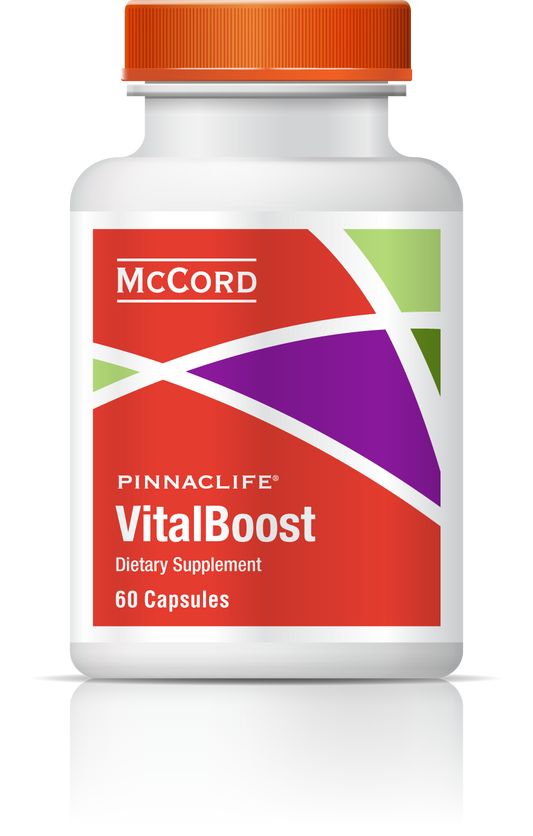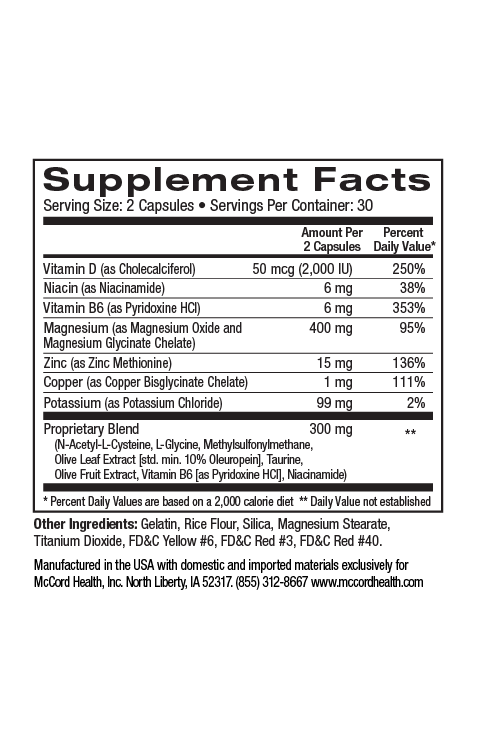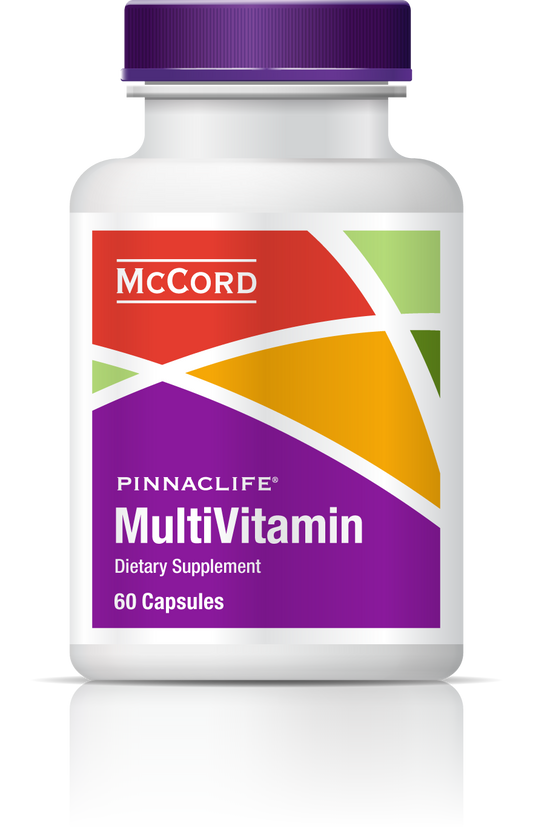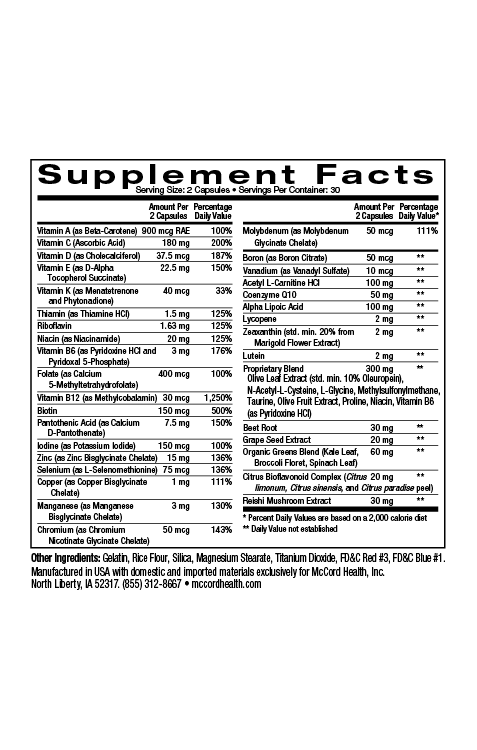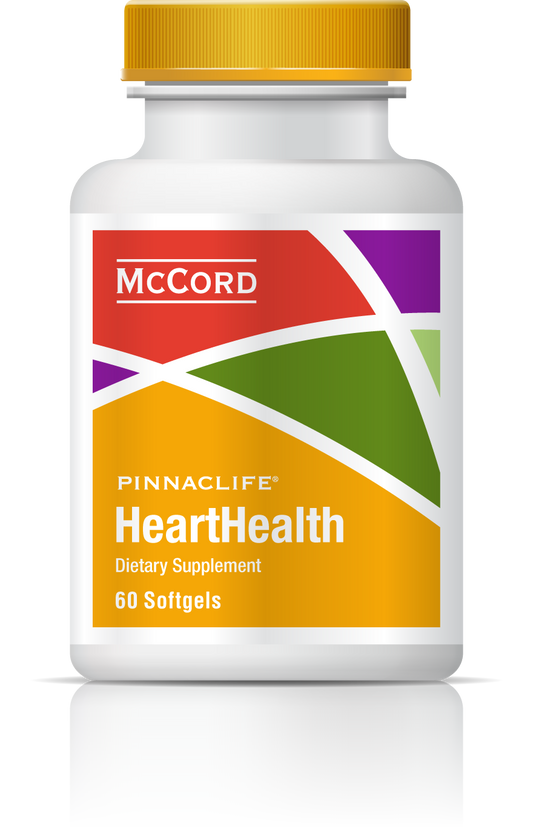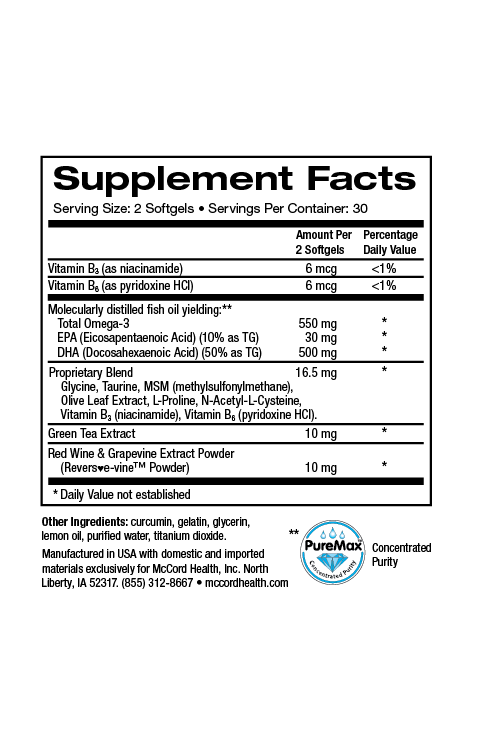The purpose of nutritional supplements is to provide your body with adequate nourishment to make up for shortfalls from the diet especially during circumstances when your body demands those nutrients even more than usual. Here are some situations that call for the use of supplements to avoid the long-term effects from even low-level deficiencies.
1.) Your Diet Isn't Always as Healthy as it Should be
Most of us know we should be eating more vegetables, fruits, and whole grains while avoiding processed foods and refined sugars - but how many of us can admit that we could probably do a better job of eating healthier foods?
We all have days where we may not be proud of our dietary choices. But your body requires those nutrients whether or not the food you eat provides them. One of the primary reasons to incorporate nutritional supplements into your daily routine is to ensure your body’s basic nutritional requirements are met, even when your diet falls short.
Consider your daily supplements like another bite of your meal - the bite that contains the nutrients your body is craving.
2.) You Exercise Regularly
Exercise burns calories faster, speeds up your metabolism, and stimulates muscle growth. This means your body has an even higher demand for the nutrients that your diet is supposed to be providing, but often isn't. Increased metabolism means increased production of free radicals, so you become more susceptible to oxidative stress if you do not have adequate antioxidant support. Your cells also need all of the building blocks required to generate new cells and support the existing ones.
There is more to a healthy diet and exercise than the number of calories you consume and burn - because the more calories you burn, the more nutrients you need! Limiting your caloric intake, as many dieters do, can also limit your intake of the vital nutrients that your body needs to stay healthy and recover from strenuous exercise.
3.) You are sick or have chronic medical conditions
Much like exercise, being ill puts extra stresses and demands on your body. Ongoing medical conditions create stresses throughout your body, and they may also be a consequence of ongoing inflammatory processes caused in part by nutritional imbalances and deficiencies.
Poor nutrition can both slow and prevent the healing process, or even contribute to the disease process itself. There can be a vicious cycle created when the lack of nutritional support contributes to disease processes that subsequently increase the body's demand for nutritional support.
Your body can be remarkably good at repairing itself when it has the tools it needs. Feeding your body with natural dietary antioxidants, vitamins, essential fatty acids, etc. is a great way to support the natural healing processes. Many of the complications of diseases can be directly or indirectly linked to nutritional imbalances, oxidative stress, and inflammation - all of which can be addressed by targeted nutritional support.
4.) You use medications
Almost every medication you take has the potential of altering your nutritional requirements by depleting or blocking the absorption of various nutrients. For example:
- Cholesterol-lowering statin drugs block your body's ability to produce coenzyme Q10 (CoQ10), possibly contributing to muscle pain and liver problems
- Another cholesterol medication, cholestyramine, can bind up certain nutrients like Vitamins A, D, E, and K in your digestive tract so you don't absorb them as well.
- Acid-reducing medications like omeprazole and pantoprazole raise the pH in your stomach which decreases your ability to absorb vitamin B12, magnesium, and iron.
- Some medications like those used for attention deficit disorder and depression can cause a loss of appetite and anorexia, contributing to malnutrition.
This is just a short list of a couple medications, but know that almost all medications can potentially impact nutritional status in some way.
You should always discuss how your medications may be affecting your nutritional demands with your doctor, pharmacist, or other licensed healthcare provider, and always check with them to make sure it's OK to use a nutritional supplement with your prescription medications before taking supplements with prescribed medications. While most nutrients are not likely to cause major interactions with prescriptions, there is always that potential and it is best to exercise caution.
5.) You have risk factors for certain diseases
Do you have a family history or other risk factors for conditions like heart disease, diabetes, cancer, or neurodegenerative disorders? Knowing that you have an increased risk for conditions should motivate you to take proactive steps towards reducing your risk, and this can include using targeted nutritional supplements. For example:
- If you have a family history and several additional risk factors for heart disease, you should consider supplementing with more fiber and Omega-3's that are both known to reduce cardiovascular risk.
- People with risk factors for certain cancers may want to consider increasing fiber plus antioxidants like hydroxytyrosol that are known to support a healthy immune system.
- People with a risk for diabetes should consider nutrients to support metabolic, heart, nerve, immune, and eye health including fiber, Omega-3's, CoQ10, magnesium, vitamin D, Vitamin C, beta-carotene, lutein, lycopene, B12, carnitine, alpha-lipoic acid, and more.
6.) You have a restricted diet
You may have a restricted diet for a variety of reasons - they could be related to food intolerances, religious or moral reasons, limited access, or just personal preference. But when your diet is restricted, that means you could be limiting your intake of some nutrients. For example:
- People that do not eat many fruits and vegetables are likely not getting enough polyphenol antioxidants or fiber to maintain and promote optimum health.
- Somebody that chooses not to eat fish or seafood may not get enough Omega-3s or iodine in their diet.
- Somebody that follows a gluten-free diet may have trouble getting enough B vitamins and fiber.
- A vegan diet may not provide enough B-12, CoQ10, or carnitine.
- Somebody on strict calorie restriction or with gastric bypass surgery for weight loss may have trouble getting the full spectrum of essential vitamins, minerals, amino acids, fiber, and antioxidants.
Supplement Safely
Whatever your reasons are for using supplements, it is always important to discuss the decision with a licensed medical professional familiar with your specific health history, especially if you are on prescription medications, have chronic health conditions, or are pregnant or breastfeeding. Also remember that supplements are not intended to replace a healthy lifestyle, or to cure diseases. Their role is to help fill the gaps and give your body the tools it needs to help support the healing process and maintain optimum health.
Finding High Quality Supplements
McCord Research is committed to only producing the highest quality safe and effective nutritional supplements designed following current scientific and clinical research using the purest ingredients available. All McCord Research supplements, including Proprietary Blend Pinnaclife products, are manufactured in the United States at a cGMP and USP certified facility, with independent third party testing to verify purity and potency.
Disclaimer: These statements have not been reviewed by the FDA. These products are dietary supplements and are not intended to treat, cure, or prevent any disease. The decision to use these products should be discussed with a trusted healthcare provider. The authors and the publisher of this work have made every effort to use sources believed to be reliable to provide information that is accurate and compatible with the standards generally accepted at the time of publication. The authors and the publisher shall not be liable for any special, consequential, or exemplary damages resulting, in whole or in part, from the readers’ use of, or reliance on, the information contained in this article. The publisher has no responsibility for the persistence or accuracy of URLs for external or third party Internet websites referred to in this publication and does not guarantee that any content on such websites is, or will remain, accurate or appropriate.

